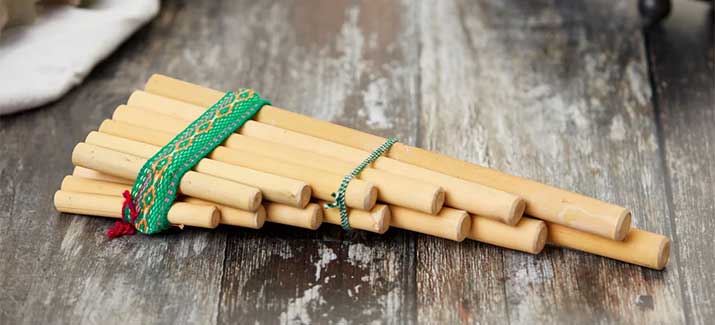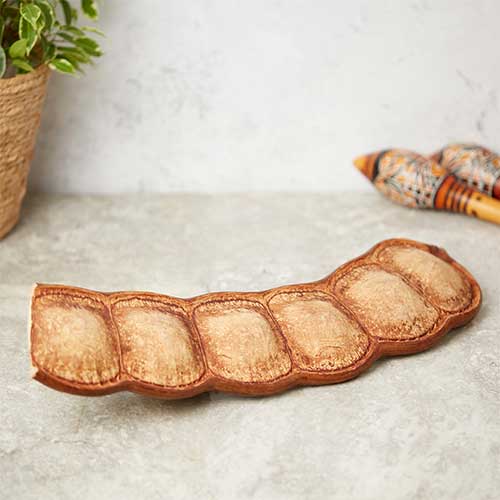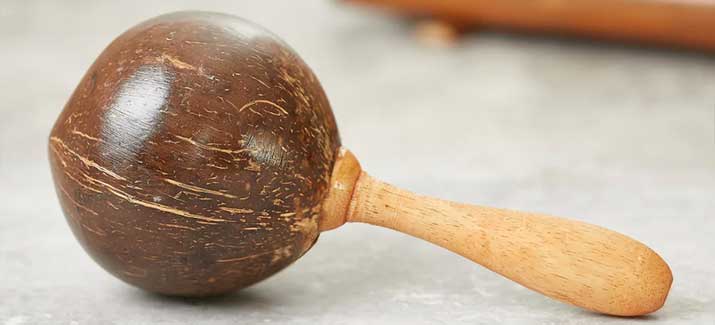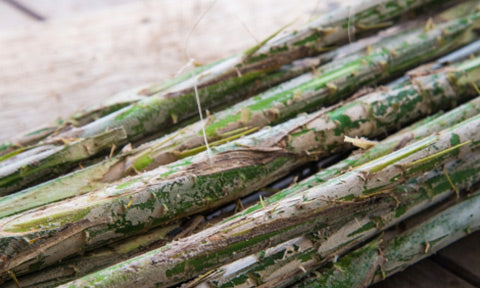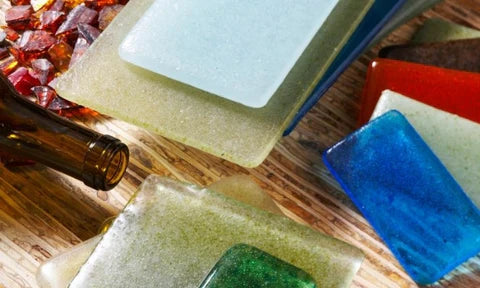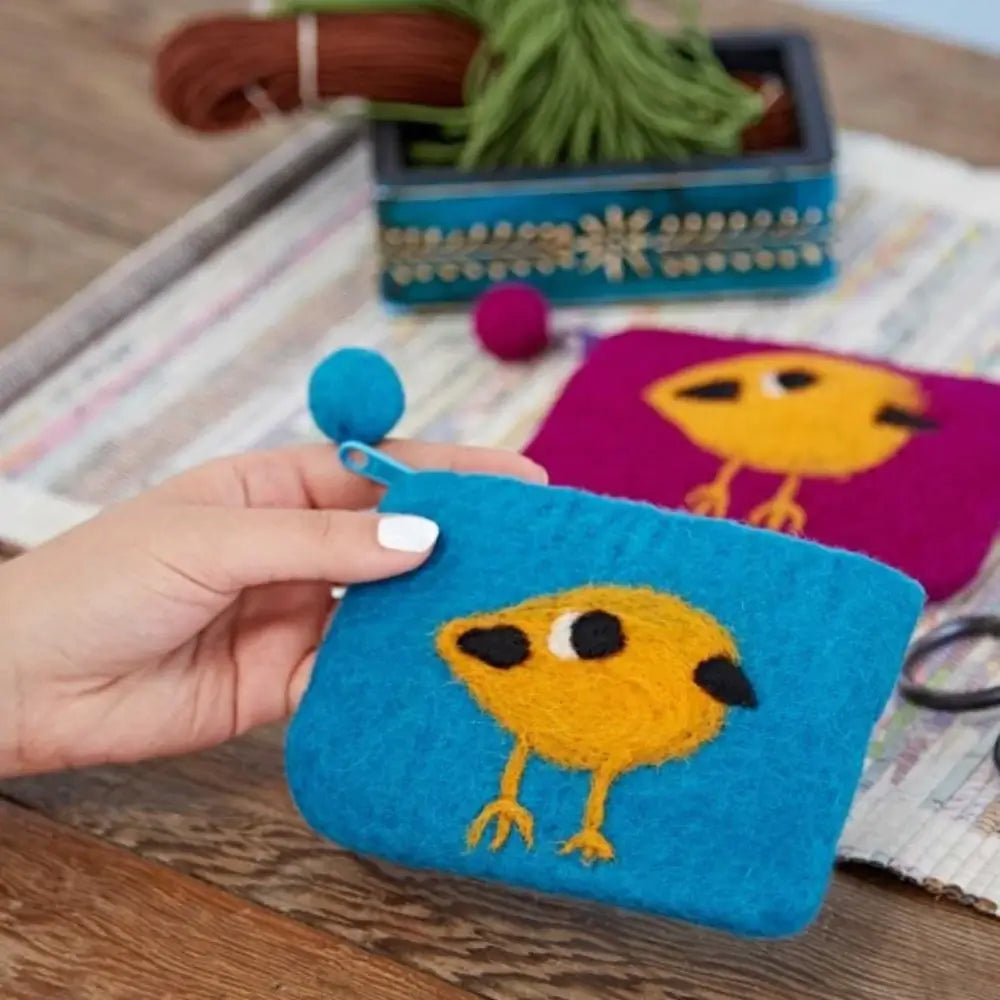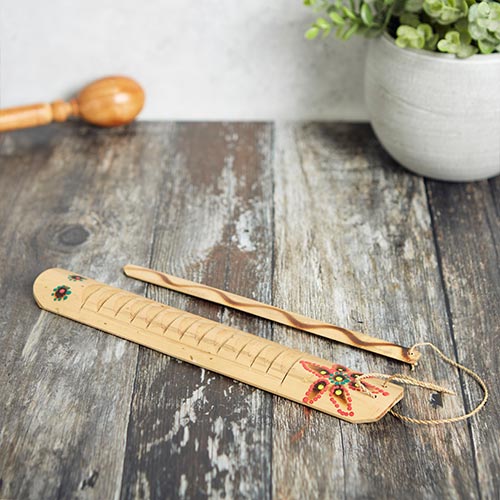Materials
We try to use only ethically sourced materials to create our products, using natural recycled when possible. With sustainability at the heart, and values above and beyond. There is a small exception in certain cases but this is only to be inclusive of our community. After all, we are not just a health movement for people and the planet but a global Carved Culture.
Materials
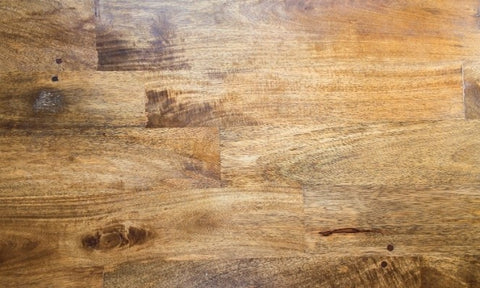
Wood
There are many types of wood, in comparison to plastic they are an environmentally friendly option. Our Thuya wood is made from timber that has the lowest energy consumption and the lowest carbon dioxide emissions. Our mango wood is a sustainable hardwood timber that is grown for fruit but once they reach a time in their life cycle in which fruit is no longer grown. The trees are cut down to create wooden products and in some cases can be replanted by farmers to create a sustainable ecosystems.
View all Wooden Products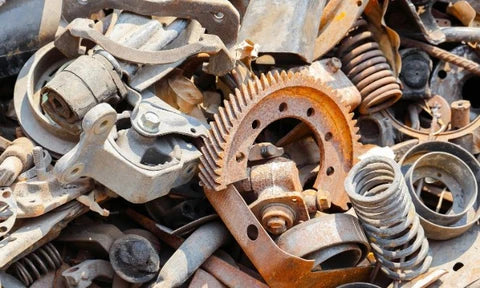
Metal
Rather than adding to the metal readily available, we use recycled metals when possible in our products. Recycled metals produce significantly fewer emissions compared to those that are newly produced and can be reworked time and time again without causing any harm to the environment.
View all Metal Products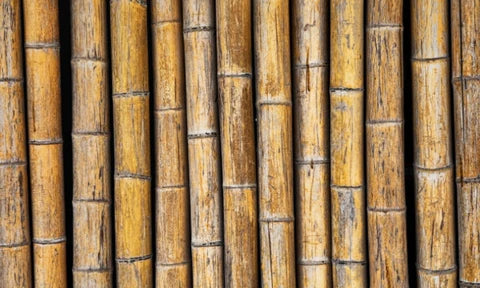
Bamboo
Bamboo is one of the most sustainable plants on the planet. Grown in tropical temperatures, there are over 1000 different types of bamboo around the globe. It’s extremely durable and does not require any pesticides or chemical fertilisers to grow. In addition to this, it requires no irrigation and can be harvested every three to five years. The plant itself also produces an average of 35% more oxygen than its tree equivalent, making it ideal for the atmosphere we live in.
View all Bamboo Products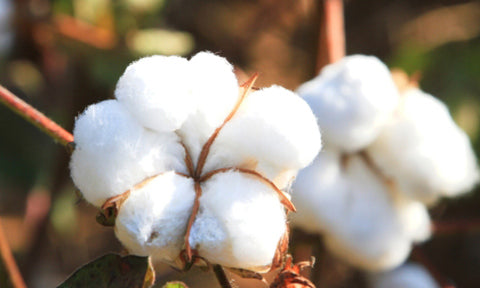
Cotton
Cotton is eco-friendly for several reasons: it's biodegradable, decomposing naturally and reducing environmental pollution; it's a renewable resource, harvested annually from cotton plants, serving as a sustainable alternative to non-renewable synthetic fibers; cotton plants absorb carbon dioxide, aiding in climate change mitigation and enhancing soil health and fertility. Its versatility is evident in its use across various industries, notably in textiles for clothing, home decor, and medical products. Organic cotton farming further reduces environmental impact by minimizing chemical usage, benefiting both ecosystems and human health.
View all Cotton Products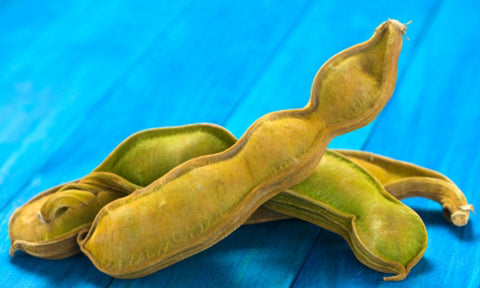
Seeds
Seeds grow naturally and not all seeds are a food source. In fact some are hardy and are perfect for craft making. Tagua seeds for example were once used for making buttons on clothing until they were replaced by plastic to cut costs. Agba seeds, rubber seeds and Entada seed pods are some of the beautiful materials nature has provided.
View all Seed Products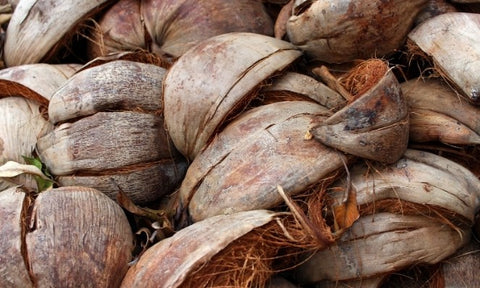
Coconut
Coconut is a sustainable material due to the fact that each part of the tree can be fully utilized. The coconut ‘meat’ itself can be dried, which is then used in the production of massage oils, soaps and even makeup. The slender wood on the tree is also used to make furniture and the fibers in the husk are used to make sacks, mats, brushes and ropes.
View all Coconut Products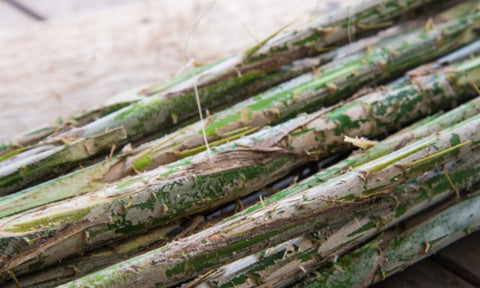
Rattan
Rattan is an eco-friendly material that has a renewable nature and typically follows sustainable harvesting practices, which involve cutting vines instead of uprooting the entire plant to allow for rapid regeneration. It contributes to carbon sequestration by absorbing carbon dioxide during growth and promotes biodiversity conservation by providing economic incentives for forest preservation. Its versatility allows it to be used in various industries, including furniture, handicrafts, and construction, while its biodegradability ensures minimal environmental impact at the end of its lifecycle. Rattan is commonly utilized to create furniture, handicrafts, construction materials, and outdoor products, making it a valuable resource for both environmental conservation and economic development in tropical regions.
View all Rattan Products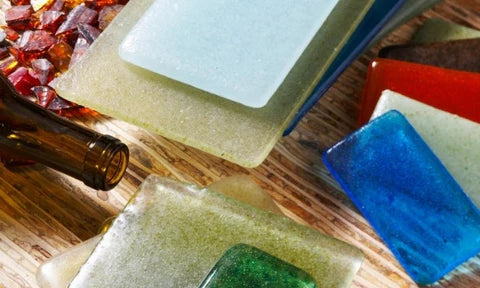
Glass
Recycled glass helps to reduce the waste of raw materials whilst preserving natural resources. During production, it also helps to save every as it melts at a significantly lower temperature than alternative raw materials. This helps to reduce waste whilst reusing natural components.
View all Glass Products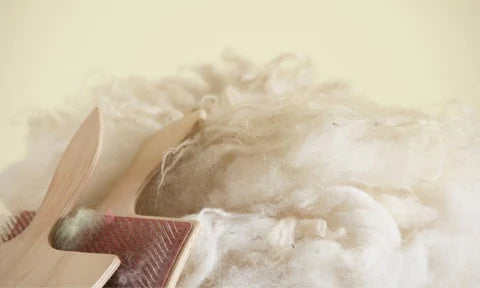
Wool
Wool is one of the few materials used in clothing that is naturally biodegradable. Rather than accumulating in landfills and oceans, wool will naturally biodegrade in soils and aquatic systems. Whilst wool will shed its fibres during washing, the fibres will naturally break down and will therefore not cause any environmental damage.
View all Wool Products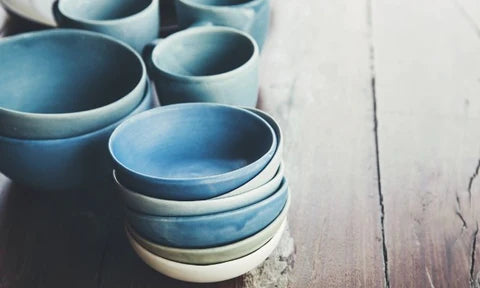
Ceramic
Ceramics have been used throughout history, dating all the way back to 28,000 BC. These natural materials include clay, terracotta and stoneware, all of which are completely natural and pose no threat to the environment. Due to their range of colours and textures, they have a myriad of applications in many of our products.
View all Ceramic Products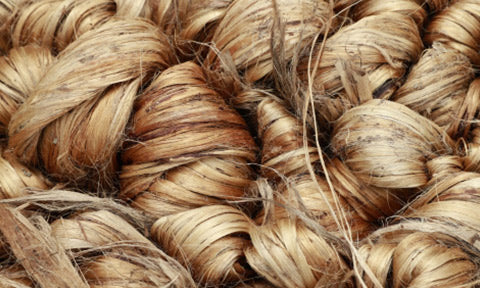
Jute
Jute is an eco-friendly material; it's a renewable resource, obtained from the stem of the jute plant, and is biodegradable, decomposing naturally without causing pollution. Jute plants also absorb carbon dioxide, aiding in climate change mitigation. Its cultivation requires minimal pesticides and fertilizers, reducing environmental harm. Jute's versatility allows it to be used in textiles, bags, ropes, mats, and packaging materials, all known for their durability, requiring fewer replacements and reducing waste. Additionally, processing jute consumes less energy than synthetic fibers, further lowering carbon emissions. Jute's applications span textiles, bags, ropes, mats, and decorative items, providing sustainable alternatives across industries.
View all Jute Products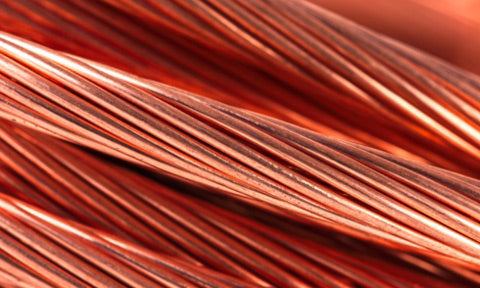
Copper
Copper is high recyclable which reduces the need for extraction from raw ore, thus lowering greenhouse gas emissions. Copper's durability and longevity, seen in products like wiring and pipes, minimise waste generation by lasting for decades. Its exceptional conductivity makes it energy-efficient for electrical wiring and heat exchange, further reducing carbon emissions. With natural antimicrobial properties, copper is favored in healthcare settings, enhancing hygiene and limiting the spread of infections. Versatile across industries, copper finds use in architecture, transportation, and renewable energy systems like solar panels. It requires minimal maintenance due to its resistance to corrosion, and its diverse applications range from cookware to decorative items and artwork.
View all Copper Products


